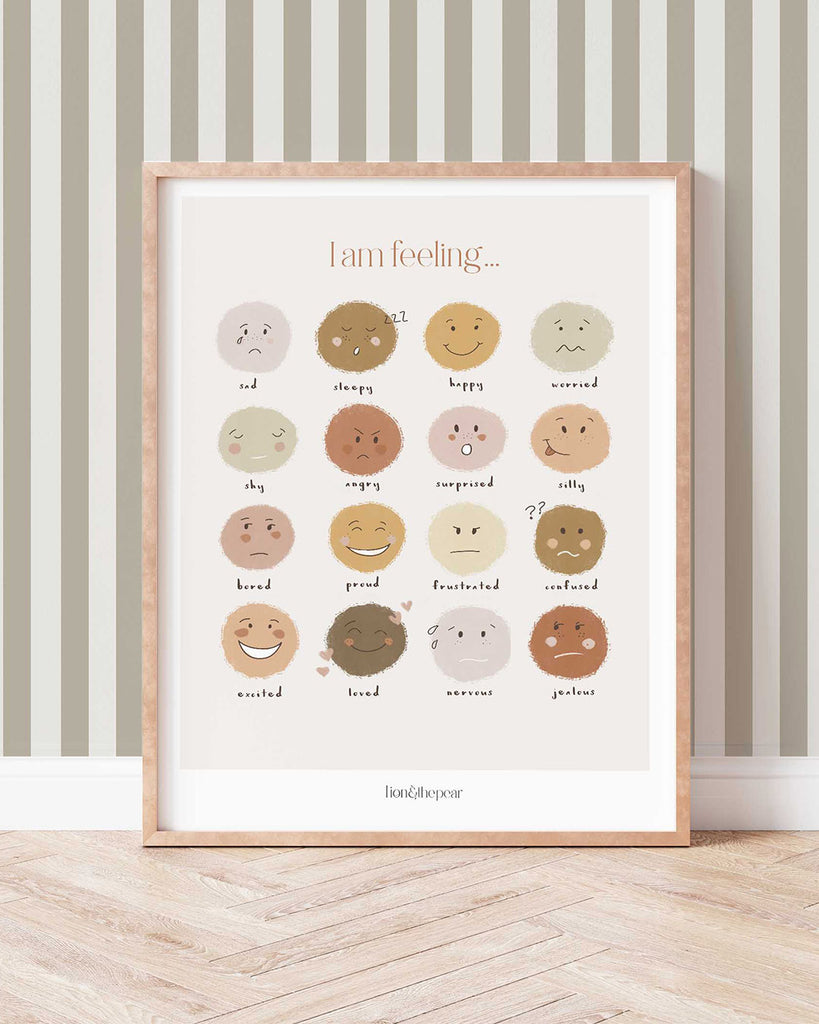Understanding Toddler Emotions: A Comprehensive Guide for Parents

Introduction:
Parenting is a rewarding journey filled with many joys and challenges, and one of the most significant challenges can be understanding and navigating your toddler's emotions. Toddlers are like tiny bundles of feelings, and their emotional development is a critical aspect of their growth. In this comprehensive guide, we will explore toddler emotions, how they evolve, and practical tips for parents to support their little ones on this emotional rollercoaster.
1. Toddler Emotions 101: What to Expect
Toddlers experience a wide range of emotions, often intensely. These emotions can include happiness, frustration, anger, fear, and even jealousy. Understanding the common triggers for these emotions, such as hunger, fatigue, or frustration, can help parents better anticipate and manage their toddler's emotional responses.
2. The Role of Communication
One of the biggest challenges for toddlers is their limited ability to communicate effectively. This can lead to frustration and tantrums when they struggle to express their needs or feelings. Parents can encourage communication by using simple words, gestures, and by being attentive to non-verbal cues.
3. Empathy and Validation
Empathy is a powerful tool in helping toddlers navigate their emotions. When a toddler is upset, acknowledging their feelings and offering comfort can make a world of difference. Saying something like, "I can see you're really upset right now," lets them know that their emotions are valid and understood.
4. Teaching Emotional Intelligence
Emotional intelligence is a crucial life skill, and parents can start nurturing it in their toddlers. Help your child identify emotions by using picture books, storytelling, or by labeling emotions in everyday situations. Encourage them to express their feelings through creative outlets like drawing or role-playing.
5. Setting Boundaries
While it's important to validate your toddler's emotions, it's equally important to establish boundaries. Teach them appropriate ways to express their feelings and address behaviors that may be harmful or unsafe.
6. Consistency and Routine
Toddlers thrive on routine and predictability. Maintaining a consistent daily schedule can help reduce anxiety and create a sense of security, which can lead to more stable emotional states.
7. Modeling Emotional Regulation
Parents serve as role models for their children. Demonstrating healthy emotional regulation by managing your own emotions in front of your toddler can teach them valuable coping strategies.
8. Time-Outs and Calm-Down Strategies
Sometimes, toddlers may need a break from a highly emotional situation. Time-outs, when used effectively, can provide them with the opportunity to calm down and regain control over their feelings. Encourage deep breathing or offering a favorite toy during these moments.
Conclusion
Understanding toddler emotions is a vital part of parenting. By recognizing and empathizing with your child's feelings, teaching emotional intelligence, and maintaining a structured routine, you can help your toddler navigate their emotional world. Remember that every child is unique, and it's okay for toddlers to experience a wide range of emotions as they grow and learn. As a parent, your patience and guidance will play a significant role in shaping their emotional development and overall well-being.




